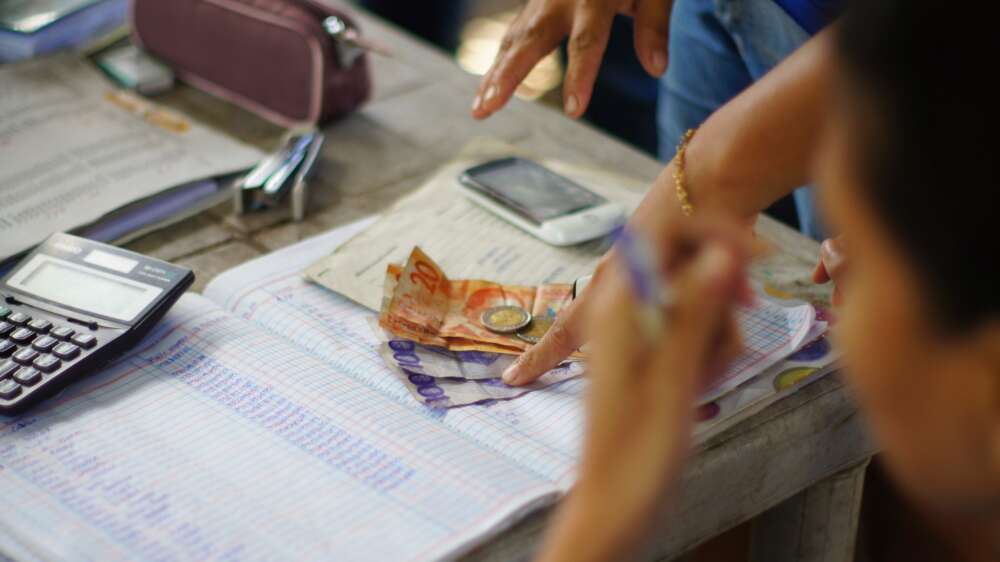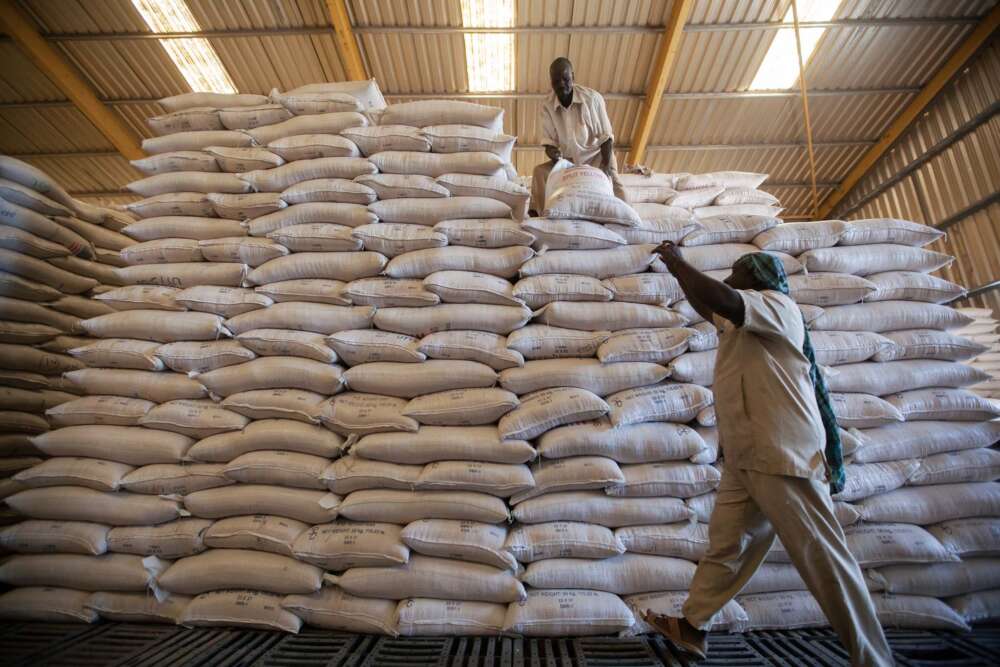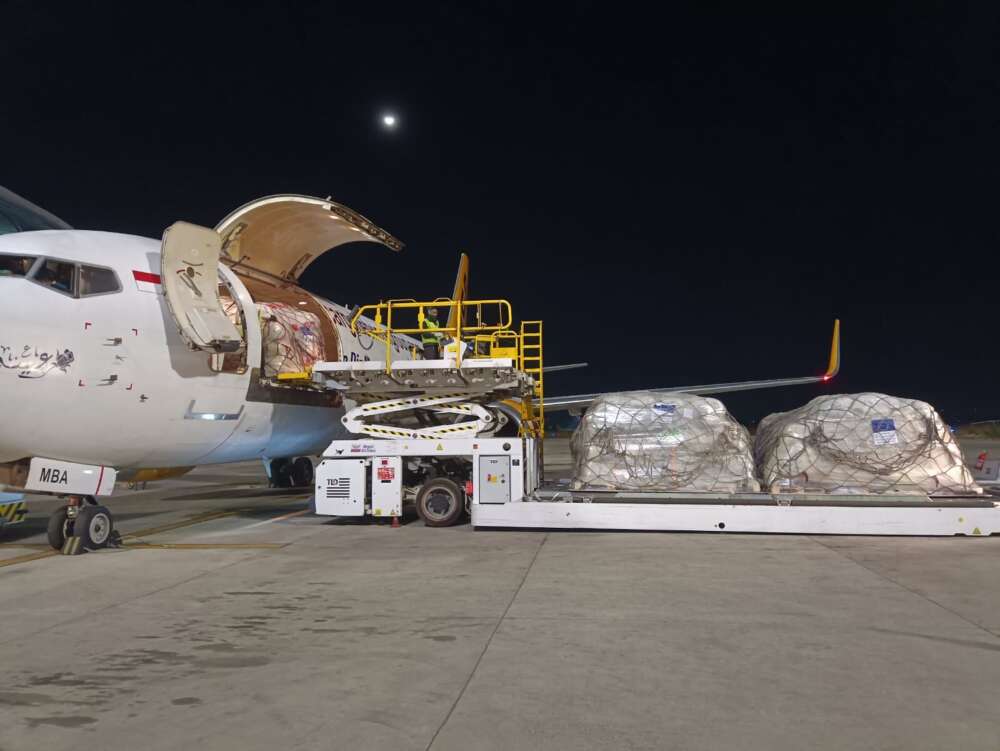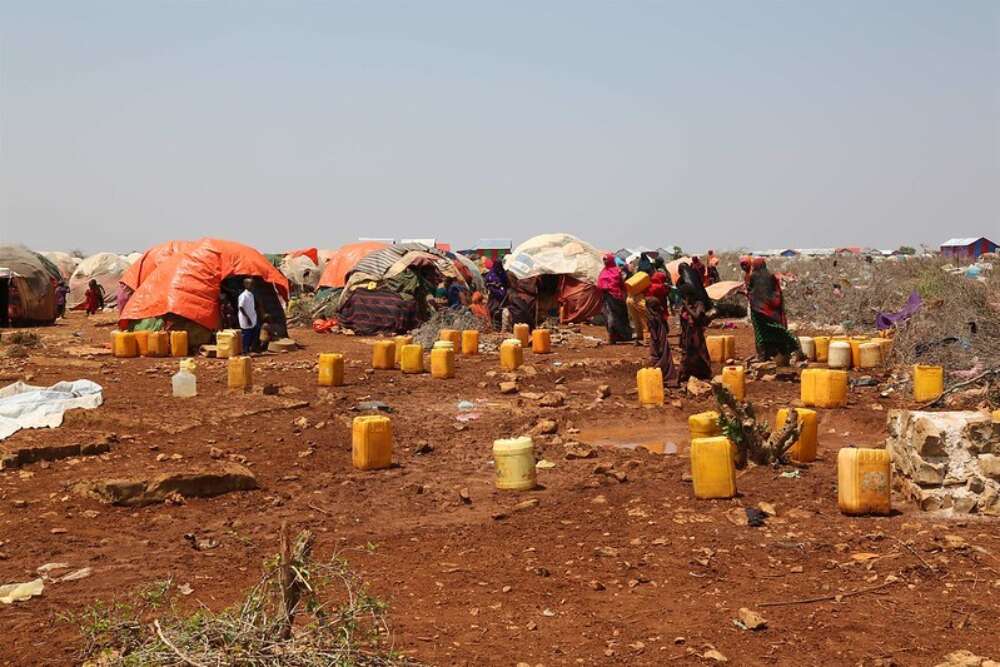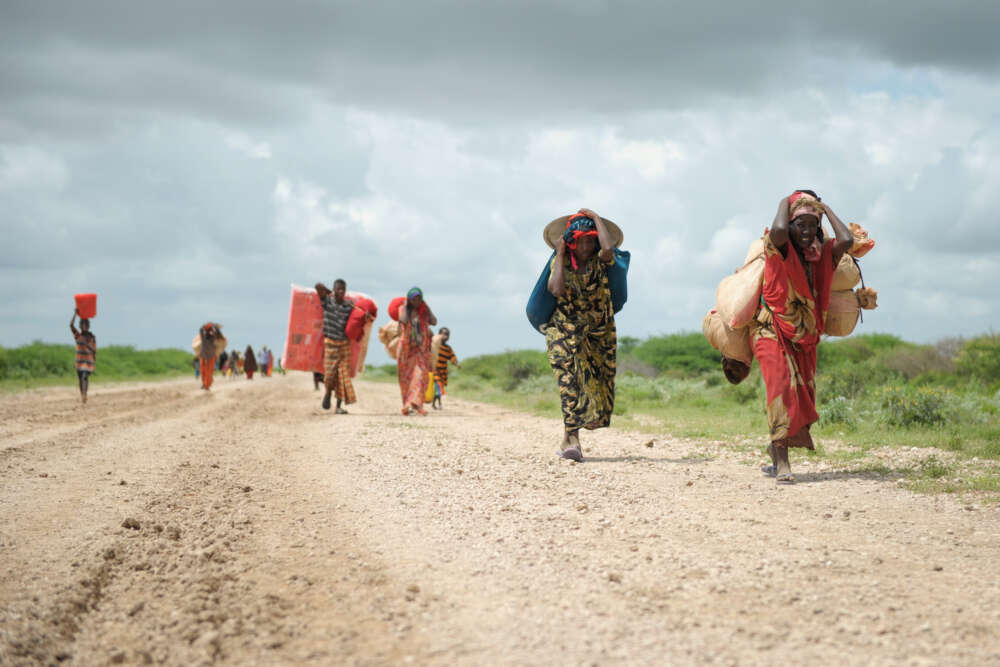Global Compact on Refugees: Evidence and Learning Briefs
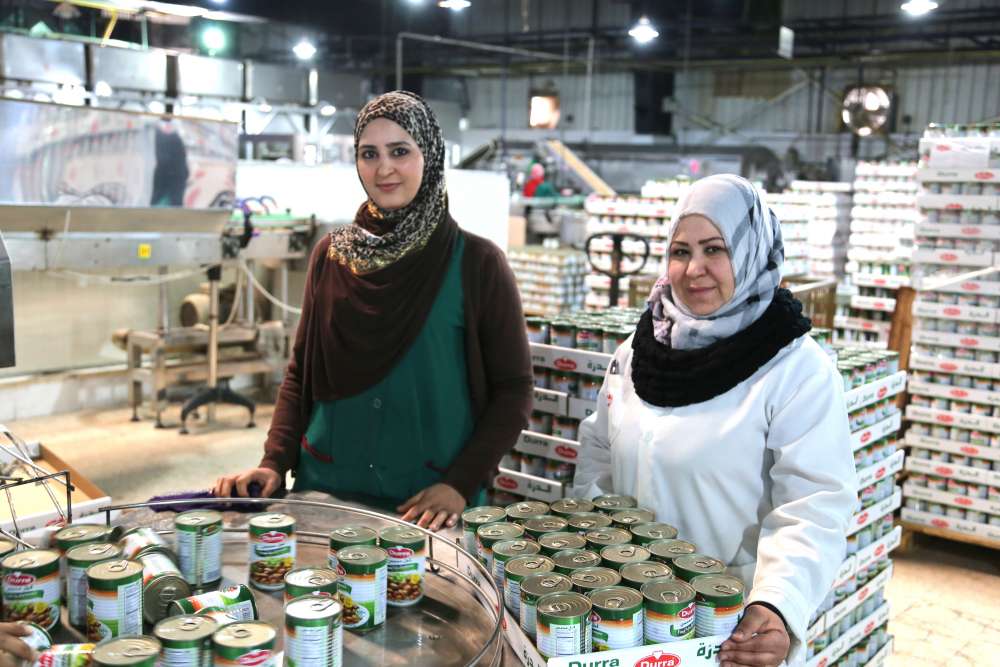
The Global Compact on Refugees (GCR) charts out a new response model to forced displacement. Relevant stakeholders should collaborate in order to respond to the immediate needs of displaced people, as well as to strengthen their resilience in the longer term.
But what are good practices for supporting refugees’ self-reliance and access to public services? And what are the lessons for different actors aiming to build partnerships around these goals?
We present examples from both quantitative and qualitative analysis of data from UNHCR and the German Development Cooperation. This research was conduced in partnership with IOD PARC and the International Security and Development Center.
A core focus of the GCR is to foster refugees’ self-reliance. Employment is crucial for this goal.
To this effect, here are the key policy takeaways for host governments:
- Remove legal and bureaucratic restrictions on refugees’ access to the formal labor market;
- Put policies in place that allow access to, and support the development of, energy and financial services.
And for donors:
- Support services that are preconditions for self-reliance and employment;
- Support national systems concerned with job placement, as well as technical and vocational education and training;
- Support job creation through engagement with the private sector.
Another central concern of the GCR is to support refugees’ inclusion into local or national basic services.
The evidence on inclusion suggests these policy takeaways for host governments:
- Support refugee documentation that removes legal and bureaucratic barriers to inclusion;
- Prioritize services that are preconditions and enablers for self-reliance;
- Use refugee situations as opportunities to improve national service systems, such as health care, education, and social protection.
And for donors:
- Support the development of inclusive national services, technically and financially;
- Support policies that mitigate differences in quality between humanitarian and national delivery of services.
These briefs are part of our ongoing project to evaluate the Nexus agenda, UNHCR’s engagement in humanitarian – development cooperation.
